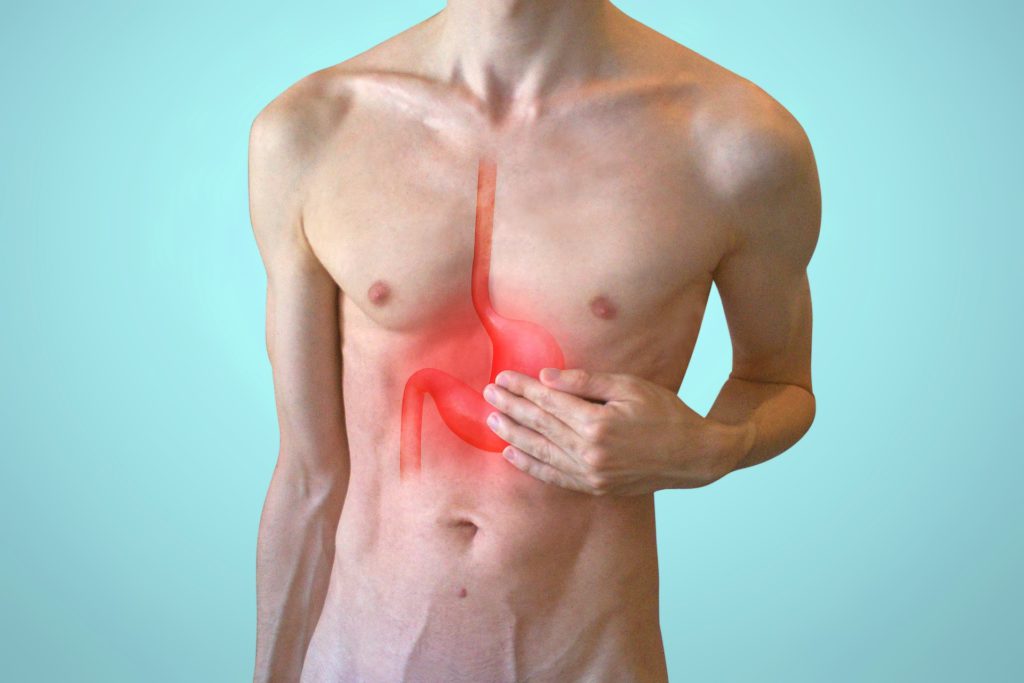
Acid Reflux, Heartburn, and GERD: What Do These Mean?
Acid Reflux, Heartburn, and GERD: What Do These Mean?
Learning the difference between acid reflux, heartburn, and GERD can make a difference in how you discuss your condition with your doctor. It can also help you better understand your needs and treatment plan. While all three of these terms are connected to one another, there are actually clear differences between each one. Let’s take a look at what each of these familiar words mean for your health.
Understanding Your Esophagus
According to the Cleveland Clinic, the key to understanding heartburn is getting to know your esophagus. Your esophagus is a muscular tube that travels down your throat and to your stomach. This makes sense, because the job of your esophagus is to send your food down your throat and into your stomach. There are ring-shaped muscles at both the beginning and the end of your esophagus. These muscles are known as the upper esophageal sphincter and the lower esophageal sphincter.
The upper esophageal sphincter opens to allow food to enter your esophagus. The lower esophageal sphincter, meanwhile, opens to allow food to enter your stomach. As soon as the food is there, however, the lower esophageal sphincter is supposed to close and stay shut. Unfortunately, that isn’t always what happens.
What Is Acid Reflux?
Sometimes your lower esophageal sphincter opens back up when it’s supposed to stay closed. This can happen for many different reasons. When the LES brings your stomach acid back up into your esophagus, that’s when you can start to experience those uncomfortable acid reflux symptoms.
What Is Heartburn?
Heartburn is when the acid reflux causes a burning sensation or pain, often right in the middle of your chest. Heartburn can be mild, or it can be so severe that some people confuse it for a heart attack. Heartburn pain is most often felt right after meals or when you are lying down for bed.
What Is GERD?
GERD is short for gastroesophageal reflux disease. You can have occasional heartburn episodes without having GERD. However, if you have heartburn at least twice a week, then you might have gastroesophageal reflux disease. If you do have GERD, then you’ll usually have more severe symptoms than heartburn alone. You might also experience regurgitation or have a strange taste in your mouth. You may even have a frequent cough or difficulty swallowing caused by the acid entering your throat.
GERD can cause damage to your esophagus and lead to complications. One particular concern relating to GERD is Barrett’s esophagus. Barrett’s esophagus results in pre-cancerous changes to your esophagus, raising your risk for esophageal cancer. Proper treatment and evaluation by your doctor can help you to lower your risk of Barrett’s esophagus and cancer.
Looking for Acid Reflux and GERD Remedies?
The good news is that acid reflux, heartburn, and GERD are all highly treatable. Acid reflux is most commonly treated with medications and lifestyle changes, such as weight loss or diet changes. However, there are times when surgery might be recommended. This usually only happens when your acid reflux is severe and nothing else is working.
Are you looking for tips on controlling your acid reflux through food? Check out these diet tips for acid reflux! You can also explore the heartburn triggers you’ll want to avoid.

